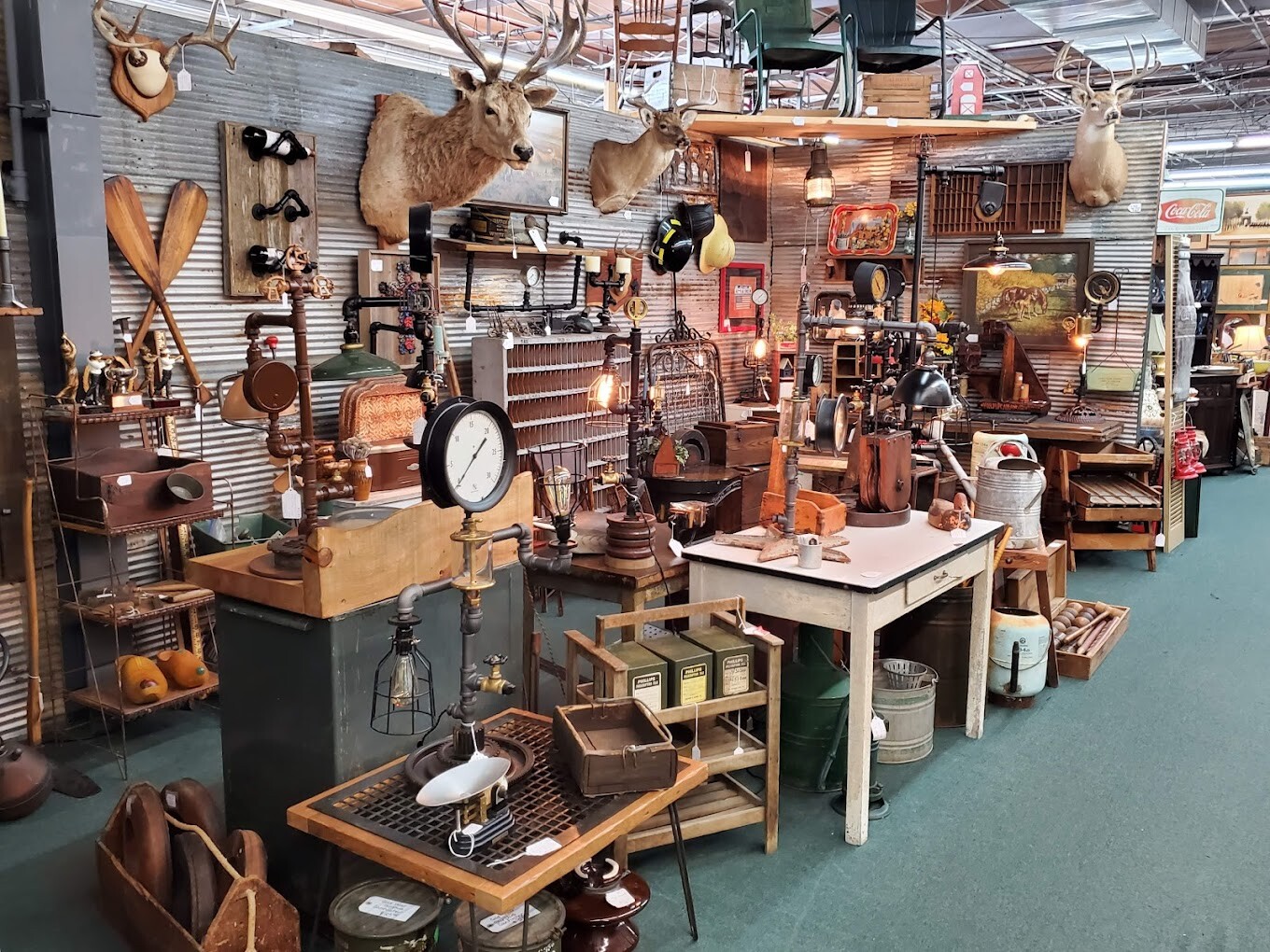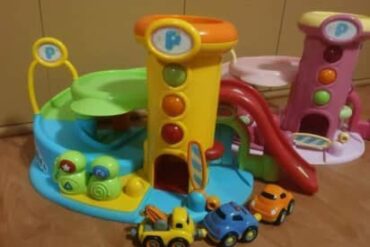Antique Stores: A Useful Guide for Parents
Hello there, fun-loving parent! Do you love everything vintage, or are you a seeker of unique, time-honored items? Well, “Antique Stores” could just be your treasure trove, a land of wonder waiting to be explored! But, oh wait! Kids involved? Let’s navigate this happily, with this useful guide.
Understanding Antique Stores: The Joy of Past to the Future!
What are Antiques?
Antiques, in the simplest terms, are items that are 100 years old or more. They are valued for their artistic design, rarity, condition, and the era they represent. Antique stores are fascinating realms of history, art, and stories, where each piece has etched within it, a tale from the past.
Why Visit Antique Stores?
Oh, the reasons are aplenty! Antique stores are the perfect spots for families to connect with the past, appreciate art, learn about different eras, and also engage kids in history outside textbooks. It’s like time-traveling, and who knows, you might even find your own version of a “time-turner”!
Antique Stores: A Family Experience
Teachable Moments Galore
Get ready for a day packed with learning. Antique stores are splendid educational resources. Your child can explore artifacts from different eras, witnessing the evolution of design, fashion, and technology firsthand. It is an interactive way to dip into history and motivate your little ones to imagine life way before their time.
Respecting Old Things & Sustainability
In our disposable culture, teaching kids to value and respect old things is important. Antique stores provide an excellent demonstration of sustainable living. This is where your items get a second life, a chance to tell their stories again, making it a fantastic lesson of reusing, recycling, and upcycling for your child.
Smart Parenting Tips when Exploring Antique Stores
Do Your Homework
Before setting foot into an antique store, do a bit of online research about the store, its reviews, the types of items it’s known for, and its policies. Some stores may not allow children, while others warmly welcome them. Save unnecessary disappointment by checking ahead.
Prepare for the Trip
Remember, an antique store visit is more than just shopping; it’s an educative experience. Talk to your child about what to expect, lay the rules down, such as no touching unless permitted, and use the opportunity to instill respect for others’ belongings.
Stay tuned for more exciting insights into the world of antique stores! The next part of our guide will take you into the practical aspects like the best ways to navigate an antique store, the art of bargaining, and much more.

Effortless Navigation and Bargaining at Antique Stores
Exploring Antique Stores
Antique stores can often seem like a labyrinth of hidden treasures. Start with a comfortable walk-around, soaking in the eye-fulls of history. Encourage your child to take part in the discovery, asking them to point out items that pique their interest.
The Art of Bargaining
Remember, bargaining is usual (and expected!) in antique stores. It’s a skill that requires patience, pleasant persistence, and understanding of the item’s value. This could be a fantastic opportunity to instill negotiation skills in your little one!
Be a Responsible and Involved Parent
Adhere to Store Rules
Just like museums, antique stores expect a certain level of respect for their merchandise. Many items are delicate, and a small mishap could lead to substantial damage. Always follow the store rules and supervise your kids to ensure they follow them too.
Turn the Visit into an Adventure
In a world ruled by screens, a visit to an antique store can be a great offline adventure. Fuel your child’s imagination by turning objects into story prompts, thus making the trip a memorable one.
To Wrap Up!
So, there you have it, dear parent: your friendly guide to exploring the enchanting world of antique stores with your children. Remember, it’s all about the journey rather than the treasures you bring home. Happy antiquing!
Keep visiting our blog for more parenting adventures. Stay curious, stay surprised, and let the magic of years-gone-by inspire you and your little explorers!
Preparing for Visiting Antique Stores: 5 Essential Tips for Parents
Visiting antique stores can be an exciting venture, brimming with the joy of discovery and the thrill of the hunt. It can also be a wonderful way to introduce your children to history and cultivate in them an appreciation for beautiful artefacts. However, preparation is key to ensuring a fun and fruitful trip with your young ones.
1. Explain the Complexity and Value of Antiques
Encourage Respect for Antiques
One of the key aspects parents should address is the importance of respecting the items in the store. Inform your kids in advance that antiques are precious pieces that hold historical value and should not be mishandled.
2. Pre-Visit Research
Impart a Love for History
Familiarize your children with the types of antiques you’re likely to encounter in the store. A bit of pre-visit knowledge can trigger their curiosity and transform a shopping trip into an informative scavenger hunt.
3. Set a Budget
Budgeting is a Great Learning for Kids
Teach your kids about money management by setting a spending limit for the trip. If they know the budget, they can make smart shopping decisions which is a great early exposure to finance management.
4. Prepare for a Time Commitment
Exploring Could Take Time
Navigating through an antique store can take longer than your average shop. Ensure you and your kids are prepared for this, perhaps by making a day out of it with scheduled breaks.
5. Keep Hygiene in Mind
Safety First
Finally, remember that antique stores often sell second-hand items. Carry sanitizer and wet wipes for your children to ensure cleanliness and avoid any possible allergic reactions.
In conclusion, preparing your kids for an antique store visit can be a fun and educational process. Take your time, plan ahead, and you’ll have a great family day full of memories and maybe even a special keepsake to bring home!
For more great articles please see here. For more information see here
Disclaimer
The articles available via our website provide general information only and we strongly urge readers to exercise caution and conduct their own thorough research and fact-checking. The information presented should not be taken as absolute truth, and, to the maximum extent permitted by law, we will not be held liable for any inaccuracies or errors in the content. It is essential for individuals to independently verify and validate the information before making any decisions or taking any actions based on the articles.




